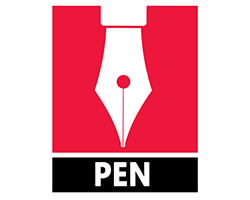Research article | Open Access
International Journal of Innovative Approaches in Agricultural Research 2022, Vol. 6(4) 351-358
Investigation of the Effects of Using Plastic Instead of Aluminum in Tractor Engines, Intercooler Tanks on Engine Performance
pp. 351 - 358 | DOI: https://doi.org/10.29329/ijiaar.2022.506.6
Publish Date: December 31, 2022 | Single/Total View: 171/490 | Single/Total Download: 226/642
Abstract
In recent years, researchers have been working on more environmentally friendly engine systems and the efficient use of depleting fuel resources. One of these research topics is intercoolers used in turbocharged engines. Intercooler tanks are generally made of aluminum due to their good heat transfer coefficient. In this study, the suitability of the use of plastic tanks was investigated by examining the engine performance changes as a result of using plastic instead of aluminum, which is the traditional material, in the intercooler tanks of an 81 kW Perkins tractor engine. For this purpose, experiments were carried out at 1400 and 2200 rpm for intercoolers with both materials. According to the results obtained from the experiments, a 0.62% torque increase was obtained at 1400 rpm in the engine with a plastic tank material intercooler compared to the engine with an aluminum material intercooler. According to the data obtained from the experiments carried out at 2200 rpm, a power increase of 0.74% was determined. Similarly, it was determined that the effects of parameters such as radiator upper and lower hose temperatures, turbo inlet and outlet air temperatures, and intake manifold inlet temperature on engine performance were negligible. According to these findings, it has been determined that if the tanks of the intercoolers are plastic, there will be a negligible performance loss compared to the traditional material aluminum. Plastic is lighter, cheaper, and easier to manufacture than aluminum. Considering the production and operating conditions, it was concluded that such materials should be researched and developed by manufacturers.
Keywords: Diesel engine, Intercooler, Energy, Torque, Power, Efficiency
| How to Cite this Article? |
|---|
|
APA 7th edition Harvard Chicago 16th edition |
| References |
|---|
|

